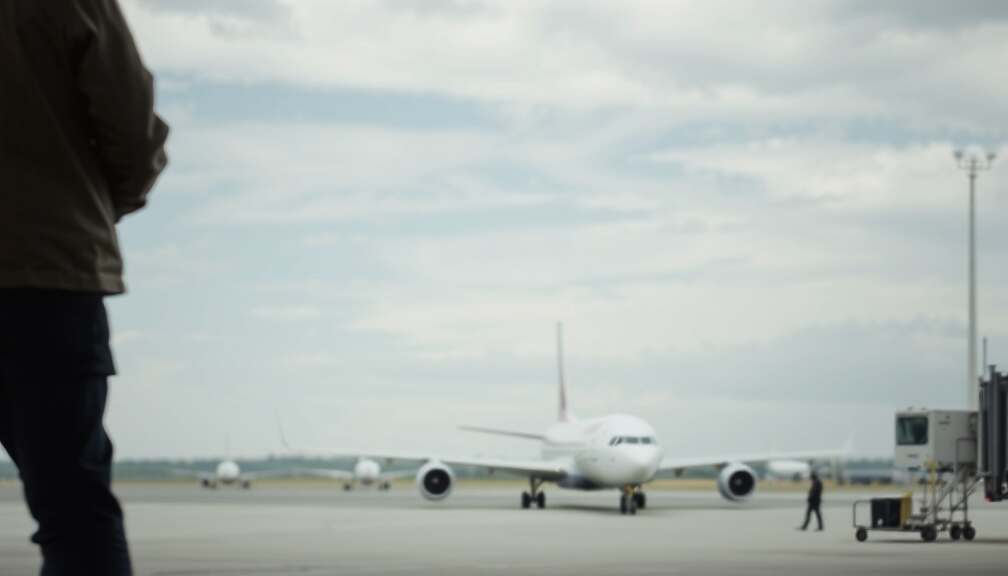The planned visit of German Federal Agriculture Minister Alois Rainer to the United States has been significantly disrupted, raising questions about protocol and resource management within the German government. Rainer’s attempt to travel to Omaha, Nebraska, via the government’s “Global 5000” flight service was aborted shortly after departure due to what the ministry cited as “technical reasons” forcing the aircraft to return to Germany.
The unscheduled return immediately cancelled the planned visit to Omaha, which included crucial meetings with Nebraska Governor Jim Pillen and State Agriculture Minister Sherry Vinton. These discussions were intended to facilitate collaboration on agricultural policy and trade, particularly in the context of ongoing debates regarding transatlantic agricultural standards and market access. The abrupt cancellation, especially considering the high-profile nature of the visit, casts a shadow on the logistical preparedness of the government flight service.
Rainer will now travel to Washington D.C. via a commercial flight, where he is scheduled to meet with officials from the U.S. Department of Agriculture (USDA) and members of Congress. The revised itinerary also includes roundtable discussions with German and American business leaders, although the reduced timeframe may limit the scope and intensity of these interactions.
The incident has already drawn criticism from opposition parties, with some questioning the expense and efficiency of utilizing a dedicated government flight service, particularly given the technical malfunction that rendered it unusable. Calls for a review of the government’s aviation protocols are expected, fueling a broader debate about sustainable and cost-effective diplomatic practices. While the focus shifts to Washington, the Omaha leg’s disruption highlights vulnerabilities in the itinerary planning and reflects on the challenges of maintaining a consistent international presence amidst resource constraints and potential operational setbacks. The ability to adapt and salvage a meaningful engagement despite the initial disruption will be closely scrutinized.












